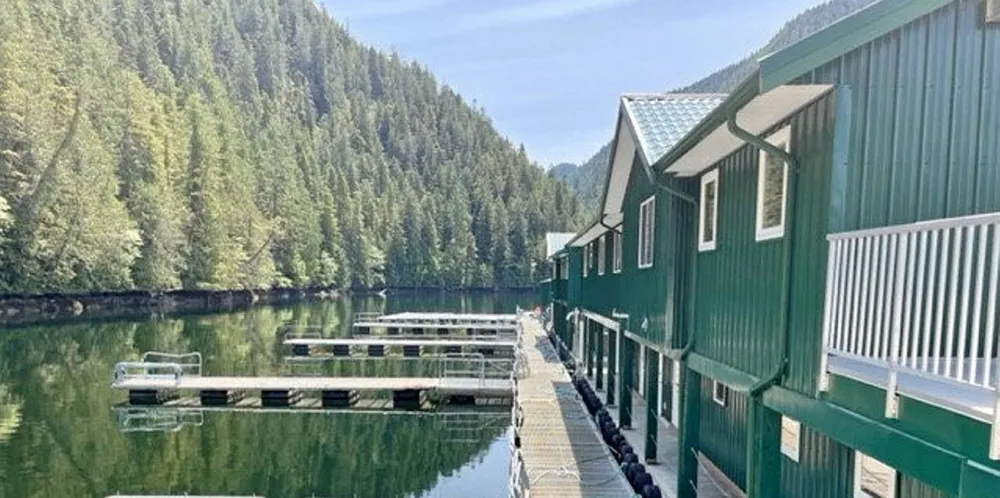'If that’s the way we’re going to operate, we’re not going to have an economy': First Nation leader on Canada salmon farming phaseout
A 24-year-old partnership between the Kitasoo/Xai’xais First Nation and Mowi is at stake as Canada's Fisheries Minister considers renewing Klemtu's salmon farm licenses.
